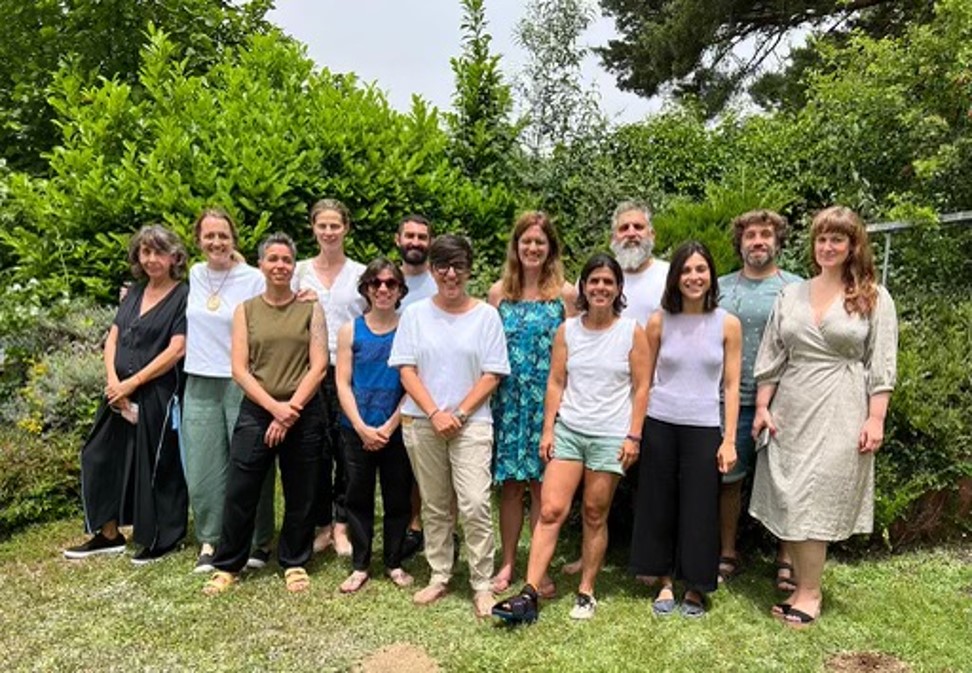Tackling negative externalities
Social media platforms are polluting our society. Due to how recommendation algorithms work, divisive content and disinformation spread faster than thoughtful posts – a corrosive force that drives polarization and undermines democracy. At the root is surveillance capitalism, the platform business model that incentivizes clicks over truth. What if we made that model so expensive that companies would have to change it? What if we pressed for compensation for the negative externalities it produces, like polarization and environmental pollution, through taxes and fines? Imagine a tax on polarization, akin to the tax on cigarettes -- the corner stone for reducing smoking.
In collaboration with Ashoka Fellow Helena Puig Larrauri of Build Up and Gemma Galdon Clavell of Eticas, we explored these questions and more and we're beginning to build a path forward. Read on, and join us!
Online polarization is a negative externality of algorithmically mediated platforms that results from the incentives of surveillance capitalism and the attention economy. We suggest there is a policy argument in favor of creating a financial disincentive to its production. This could be done by taxing digital platforms' "polarization footprints".
The negative impacts of data processing and the growing demand for energy from data processes receives too little attention. This paper explores those impacts, and the possibility of reigning them in through environmental taxation in the US and Europe.
OUR ORIGIN STORY
In June 2022, we brought together 5 Ashoka Fellows in Spain for a 3-day gathering to share and build new perspectives on how to shift power in tech. Together with Gemma Galdon Clavell, Helena Puig Larrauri, David Cuartielles, Miguel Luengo and Fran Diaz we identified a set of opportunities to ensure technology works for people and planet. The policy pathways listed above are a result of the work that followed. Together, we are also driving efforts to drive a new type of public conversation about the role of tech in society.

CO-LEAD BY

SUPPORTED BY

For more information, reach out to us at [email protected].